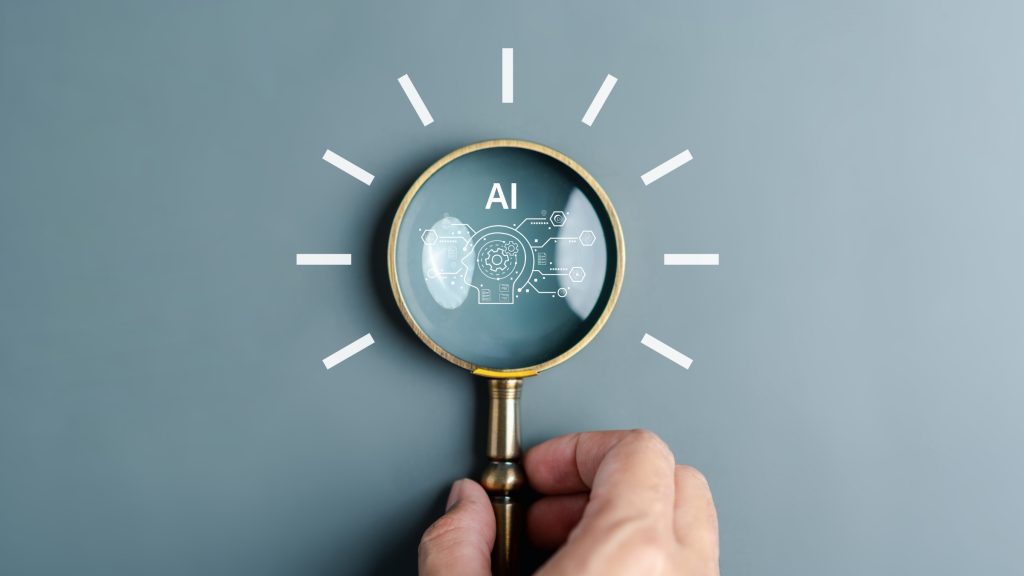
A recent study conducted by the Massachusetts Institute of Technology (MIT), in collaboration with Technology Review Insights, Telstra, and experts in application design, has found that despite the pervasive integration of AI, its uptake among businesses remains modest. The survey, which gathered insights from over 300 business executives, indicated that a mere 9% have extensively adopted AI in their operations.
The research attributes the tepid adoption rate to significant barriers such as concerns over data privacy, regulatory challenges, and inadequate IT infrastructure. Although a majority of the surveyed leaders acknowledged the transformative potential of AI and were keen on its extensive utilization, the data suggests a paradox where even the most tech-forward among them have yet to fully capitalize on AI’s capabilities.
Current State of AI Integration
According to the Director of the National Artificial Intelligence Centre in Australia, Stela Solar “There is a misconception about how easy it is to run mature, enterprise-ready, generative AI.”
She also pointed out that there are elements like application design, data connectivity, business processes, as well as company policies, and others that need to be more worked on.
According to the findings of a global survey by the Massachusetts Institute of Technology (MIT), business leaders project a significant surge in the adoption of generative AI across various functions by 2024, with expectations of more than doubling its application. Chris Levanes, Telstra’s Head of Marketing for South Asia, noted that in 2023, early AI adopters primarily utilized the technology to streamline repetitive and low-priority tasks due to its minimal need for human oversight.
The survey revealed that about 85% of respondents plan to employ generative AI for automating mundane activities. Additionally, 77% foresee its application in customer service, and 74% in strategic analysis. Despite these ambitious plans, the report underscores substantial challenges in the extensive roll-out of generative AI, particularly in IT resources and capabilities.
Under 30% of the survey’s participants deemed their company’s IT infrastructure conducive to the swift integration of generative AI, with adopters expressing doubts about their existing IT framework’s ability to support the burgeoning technology. Budgetary constraints in IT investments were identified by 56% of respondents as a limiting factor in embracing generative AI.
77% highlighted regulation, compliance, and data privacy issues as significant impediments to the technology’s rapid adoption, underlining the concerns within the AI sphere, especially since the advent of OpenAI’s ChatGPT at the end of 2022. This period has seen increasing legal disputes over AI-generated content copyrights and breaches of confidential information by major entities.
Business Adoption Challenges
In a recent media briefing in Singapore for the report’s release, Lawrence Liew, MIT’s Director of AI Innovation, emphasized the imperative of establishing stringent governance and security protocols for AI systems to mitigate these risks.
“Companies must ask, do we have the appropriate governance in place, and are our internal documents properly segmented or secure?” said Liew, noting that businesses will want to avoid having AI models that can be tricked into disclosing private information such as employees’ salaries”, he added.
According to the report, the ability to address these risks is also related to the companies applying robust cybersecurity measures. While a small majority of the participants said that their cybersecurity measures are “modestly at best” capable of supporting the generation of AI.
However, according to participants in the survey there are other barriers that are hindering the deployment of AI, including the lack of skills, companies’ concern about not having the right talents internally, and their unavailability in the market.
Strategic Implications for Transformation
The survey highlighted an optimistic outlook on AI’s role in business, with 60% of respondents anticipating that generative AI will significantly transform their industries within the next five years. In addition, 78% perceive it as a strategic advantage, whereas only 8% consider it a potential risk.
Geraldine Kor, the managing director of South Asia and Head of Global Enterprise at Telstra International, acknowledged the complexity of creating advanced AI solutions capable of responsibly managing and contextualizing large datasets for business use. She emphasized, however, the anticipated value and importance of investing in these application design technologies.
In a statement related to the survey, she said: “When implemented successfully, [generative AI] proficiency will be a game-changer for most organizations and will distinguish leaders from followers.”
According to a report published by McKinsey last year, the greatest impact of AI will be on sales, marketing, and consumer operations.
Inside Telecom provides you with an extensive list of content covering all aspects of the tech industry. Keep an eye on our Intelligent Tech sections to stay informed and up-to-date with our daily articles.